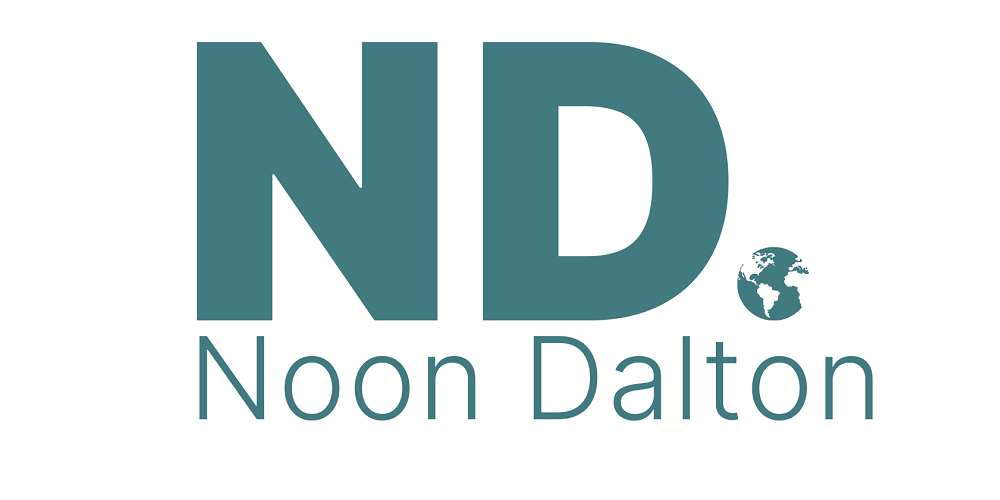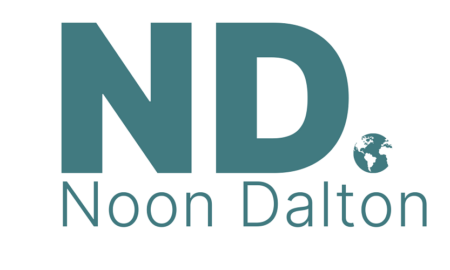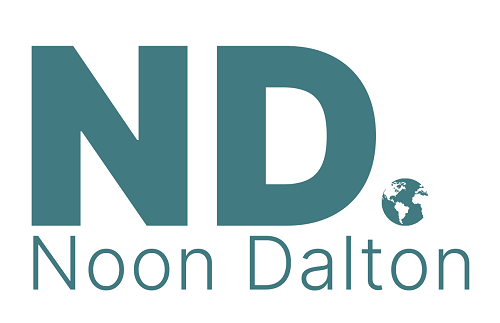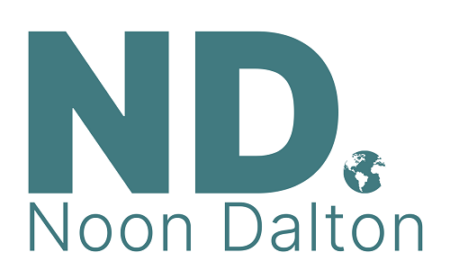Coming into 2021, British CX executives face significant challenges. These include recruitment/retention and deploying the right technologies that will both impact end-user interaction and empower agents, all while dealing with COVID19. Beneath the surface though, many enterprises are actively exploring new delivery points as a way to reduce their risk exposure. This means looking beyond the offshore destinations that have proven fixtures of British CX and casting an eye on spots that have been untested from a UK perspective. This is where the Caribbean comes into play. Many of the region’s countries have strong links with Great Britain, share a common language, and have a proven BPO track record.
The UK has long proven a country where customer experience decision-makers have been willing to try new approaches to geographic delivery. This is why agents can be found performing both voice and digital support for British consumers out of locations that include India, the Philippines, South Africa, Central Europe and Egypt.
But, in the face of the pandemic and uncertainty surrounding BREXIT, the push for business continuity has made executives wary of housing capacity in a small number of venues. Thus, the need to find alternative delivery points has never been higher. Over the past few months, there have been discussions about leveraging countries in the Caribbean for supporting UK end-users, an idea that has merit and deserves exploration.
Part of the Caribbean’s CX potential for the UK market involves time zones. Perhaps the most expensive shifts to run for a contact center are those at night – agent wages and benefits are higher, as is attrition; when a consumer calls a contact center at 3 pm in Manchester, Liverpool or Glasgow, it is already 8:30 pm in Mumbai and 11 pm in Manila. However, in Montego Bay, Grenada or Saint Lucia, it is the morning and agents are just beginning their workday. Hence, in the Caribbean there is no need to top up remuneration for unsociable hours, and there is less likelihood of agents seeking alternative employment. Not only does this mean lower costs for the provider, but it also yields better-quality interactions over the long-term, via workforce stability.
Affinity also plays a part. The UK maintains very strong connections with a multitude of countries in the Caribbean, both culturally and commercially. In much of the region, English is the mother tongue, and the ‘Queen’s English’ is more frequently used than US or Canadian variants. This will be essential in building a warm rapport with British consumers. It is worth noting that in many parts of the UK, the Caribbean accent is a pervasive fixture of daily commercial life. Equally, while it is clear that the Caribbean is not a nearshore destination from the UK context, it remains accessible, with direct flights from several British airports. And flight times to the Caribbean from the UK are shorter than those to either South Africa or the Philippines.
What truly differentiates the Caribbean value proposition for UK CX stakeholders is the region’s customer management legacy. These are not untested waters for contact centers. Both global BPO players and regional outsourcing upstarts operate across the Caribbean to support end-users in North America. Given the current focus on quality, performing these front-line functions from a part of the world where CX is in the local DNA is a compelling reason to consider the Caribbean. This is not to say that such forays are not without risk or not subject to initial missteps – this is the case with any new business approach. But, for British decision-makers anxious to grow their global delivery footprint, it is one that is certainly among the less risky from the outset.












